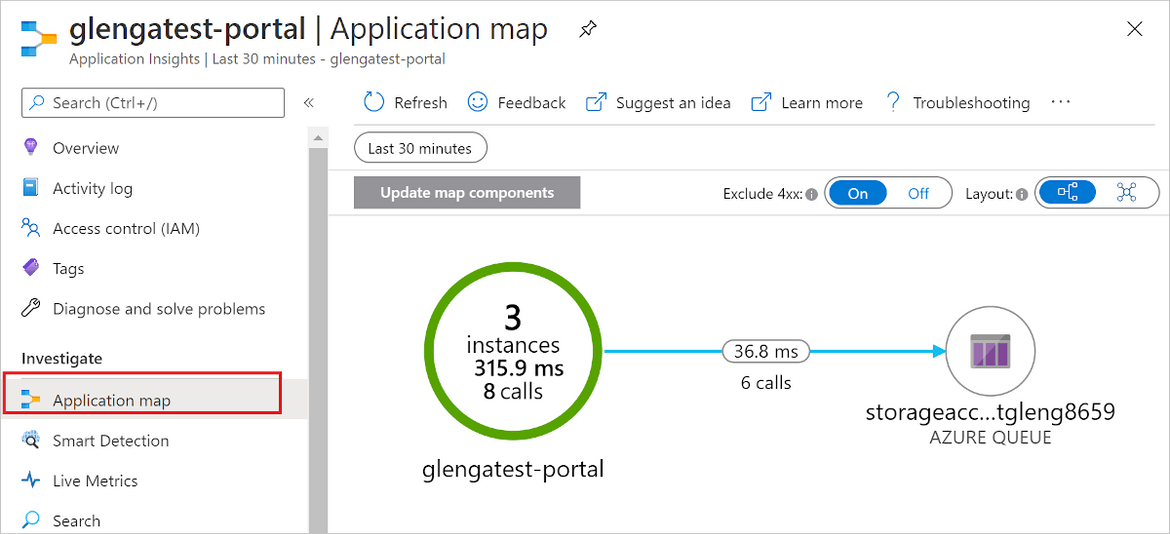Mastering Azure in 7 Simple Steps
Virtual environments go hand-in-hand with today’s business practices. If companies have not moved their data to a cloud platform, they’re likely in the process of doing so. Azure remains the top platform choice because of its security, consistency, and affordability. According to Microsoft, 95% of Fortune 500 companies currently use Azure.
Microsoft Azure Functions extends the existing Azure App Service with code implementation abilities triggered by events in on-premises systems, third-party services, and within the Azure experience. This serverless computing service enables users to run these event-triggered codes without having to manage or provision infrastructure. Because it is a trigger-based service, Azure Functions will run a piece of code or a script in response to an event. Here are some ways to make the most out of this compute-on-demand feature.
#1: Optimize Your Deployments
The functions in a function app are deployed simultaneously. For a successful deployment, a best practice is to have your functions run with the “run from package approach.” This approach will improve the performance of Azure Resource Manager deployments, reduce the risk of file copy-locking issues, and may reduce cold-start times. You may also consider using deployment slots to minimize deployment downtime. Continuous deployment is a good practice to connect deployments to your source control solution.
#2: Utilize Design Principles When Writing Function Codes
Good performance and availability depend on writing codes that follow several design principles. These include:
- Writing defensive functions
- Writing stateless functions
- Planning cross-function communication
- Avoiding long-running functions
#3: Choose the Right Hosting Plan
When your function app is created in Azure, it will be necessary to choose a hosting plan for that app. It is important to choose the right plan because it will determine the resources that will be available to each app instance, how the app is scaled, how instance allocation is managed, and what kind of support you’ll have for advanced functionality. There are currently three basic Functions hosting plans: Consumption plan, Premium plan, and Dedicated (App Service) plan.
#4: Correctly Configure Your Storage
When creating a function app, an Azure Storage account must be created or linked to an account that supports Queue, Blob, and Table storage. Misconfigured file systems and storage accounts can affect both the availability and the performance of your functions. For these reasons, it’s important to configure your storage correctly. Check out more storage considerations for Azure Functions on the Microsoft website.
#5: Practice Good Functions Organization
Organizing your functions and function apps will affect the configuration, scaling, performance, security, and deployment of your overall solution. For example, too many functions within a function app can lead to slower startups on new app instances and higher memory usage. Learn more about ways to best organize multiple functions here.
#6: Monitor Azure Functions
MS Functions offers built-in integration with Azure Application Insights. Application Insights collects performance, log, and performance data to better diagnose issues and detect anomalies. It also helps continually improve your functions’ performance and usability.

#7: Ensure Secure Operations
The deployment, development, and operation of any cloud service begins with strong security measures. A good starting point is securing your function codes, an area that Azure App Service can help you with. App Service’s platform components are actively hardened and secured and continuously perform compliance checks as follows:
- Address newly discovered vulnerabilities
- Ensure secrets between the app and other Azure resources do not cross any network boundaries
- Encrypt communication over App Service connectivity features
- Encrypt remote management tools, such as Azure PowerShell, Azure CLI, REST APIs, and more
- Protect the platform and infrastructure with 24/7 threat management to protect against DDoS, MITM, malware, and other threats
Microsoft’s Azure Functions is just one of the many features in the Azure cloud-management platform. Learn more about ways to optimize your Azure experience with more Azure blog posts by Trusted Tech Team.
Trusted Tech Team is an accredited Microsoft CSP Direct Bill Partner, carrying multiple Solutions Partner designations and the now-legacy Microsoft Gold Partner competency. Based in Irvine, California, we report trends affecting IT pros everywhere.
If your organization uses Microsoft 365 or Azure, you may be eligible to receive a complimentary savings report from a Trusted Tech Team Licensing Engineer. Click here to schedule a consultation with our team now to learn how much you can save today.
Subscribe to the Trusted Tech Team Blog
Get the latest posts delivered right to your inbox

